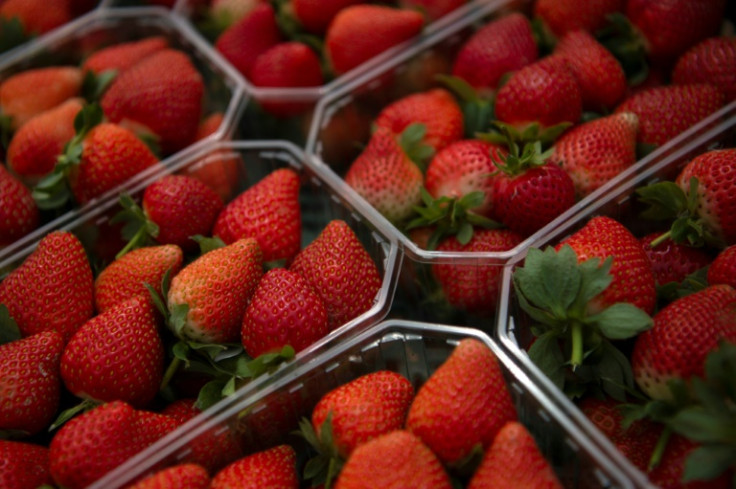British berry sector facing critical challenge amidst rising production costs
The British berry sector is confronting a critical challenge as retailers fail to keep pace with growers' increasing production costs.

The British berry sector is facing a critical challenge as retailers fail to keep up with the rising production costs incurred by growers.
Adverse weather conditions and a volatile labour market are further compounding the issue, leading the industry association to issue a warning that the viability of the British berry sector is now under threat.
The British Berry Growers (BBG) revealed that mounting expenses for energy, packaging, haulage and labour are driving producer costs higher, potentially forcing growers to scale back production or leave the sector altogether. Despite the increased berry prices for UK consumers, BBG members claim that retailers have failed to provide any significant increase in their spending on strawberries during 2022.
To address this pressing issue and promote transparency, BBG has taken a proactive step by releasing weekly sales data from its growers. The data highlights which retailers are most supportive of British berries, providing an accurate picture of their commitment to the industry. The weekly statistics reveal both the total tonnes of British berries sold to UK supermarkets by BBG members and the percentage of total British berries sold in relation to each supermarket's grocery market share.
During the UK summer season, the statistics will be provided every Wednesday and presented in two ways.
The first is the total number of tonnes of British berries sold to UK supermarkets by BBG members, and the second is the percentage of total British berries sold in relation to that supermarket's grocery market share.
The data shows that Tesco purchased the largest quantity of British berries among UK retailers last week (1,361.6 tonnes). However, this amounts to only 23.9 per cent of all British berries sold, which falls short of Tesco's 27.1 per cent food market share.
Asda displayed the greatest disparity between its grocery market share (13.7%) and the percentage of all British berries sold (5.5%). Lidl emerged as the leading single retailer in the statistics for total berries sold compared to market share, followed by Aldi, Waitrose and Co-op.
Nick Marston, Chairman of BBG, stressed that the current stress on the British berry business seriously endangers the industry's viability. He stated that if the disconnect between rising production costs and retail returns is not addressed, British berry growers may have no choice but to reduce berry cultivation or exit the industry due to financial challenges.
To bring attention to this critical issue, BBG has decided to make retail sales data publicly available, urging the British public to support retailers that prioritise British berries.
According to BBG, they account for almost all (95%) of berries marketed in the United Kingdom. Nevertheless, BBG predicts that 18 million fewer punnets of British-grown berries will be available in 2024, highlighting the severity of the situation.
While British apple and cucumber growers have faced similar cost price hikes due to rising energy and labour expenses, Tesco's Commercial Director for Fresh Food and Commodities, Dominic Morrey, has acknowledged the importance of supporting growers to ensure their viability. Tesco is committed to establishing mutually sustainable partnerships with suppliers, recognising the significance of fair returns for growers.
Fortunately, fresh vegetable growers' cause is being heard. Tesco's Commercial Director for Fresh Food and Commodities, Dominic Morrey, told the Lords Horticultural Sector committee last week that "the viability of our growers is crucially important" and that it was in the retailer's interest for growers to obtain a "fair return".
He stated that Britain's largest retailer had worked hard to ensure "mutually sustainable" partnerships with suppliers. He also mentioned that the one per cent figure was unfamiliar to him.
© Copyright IBTimes 2025. All rights reserved.






















